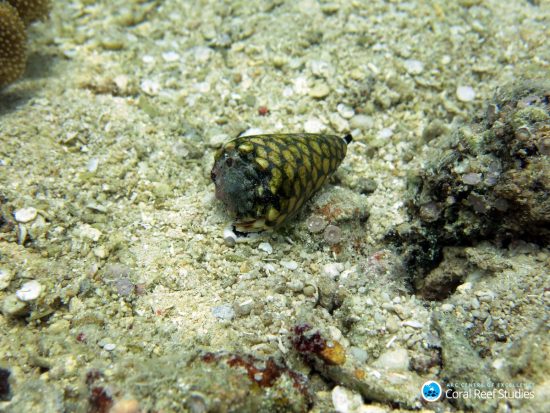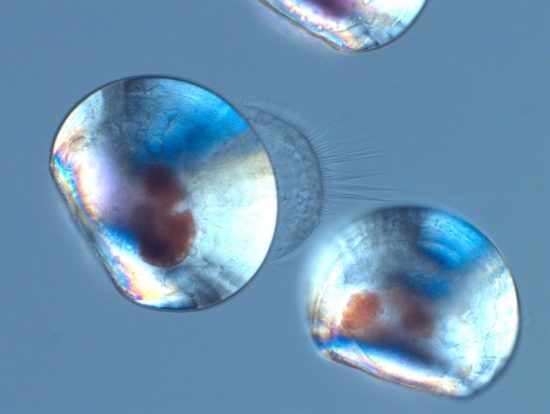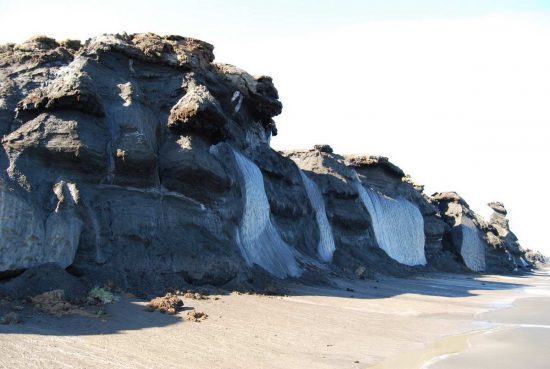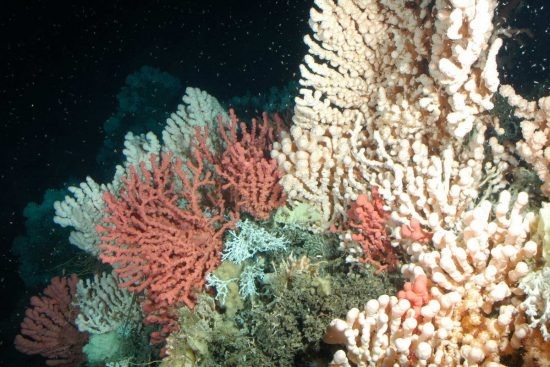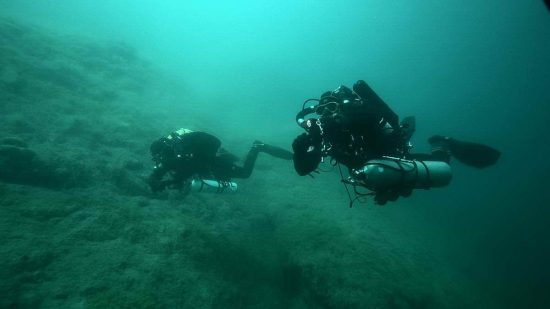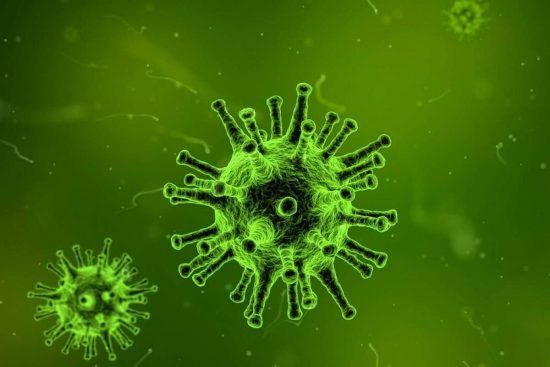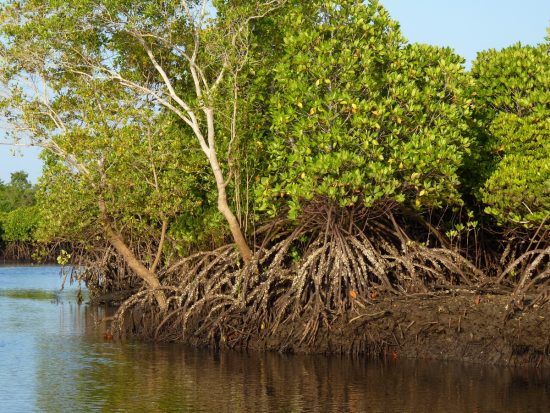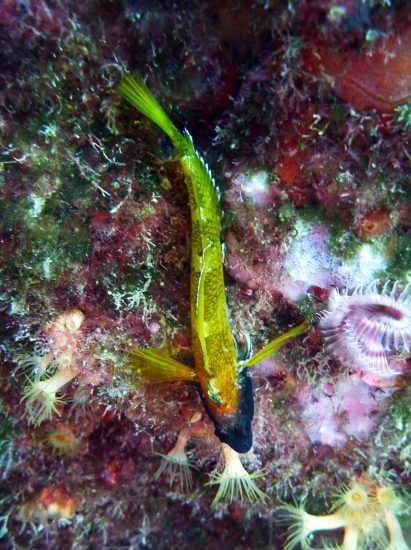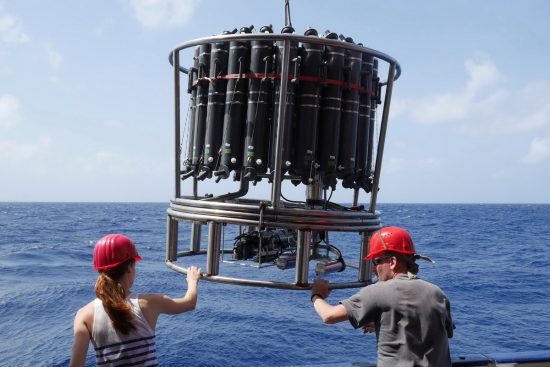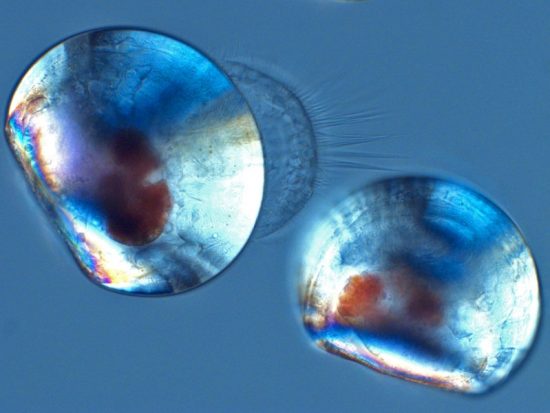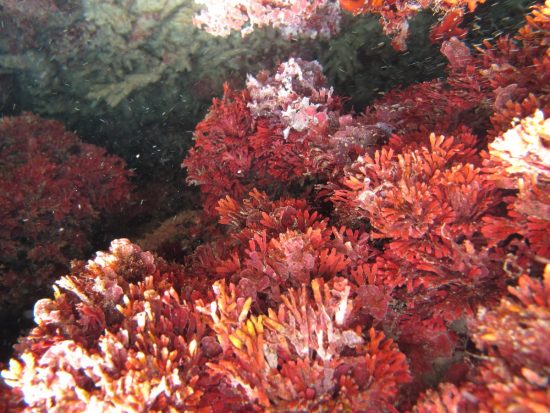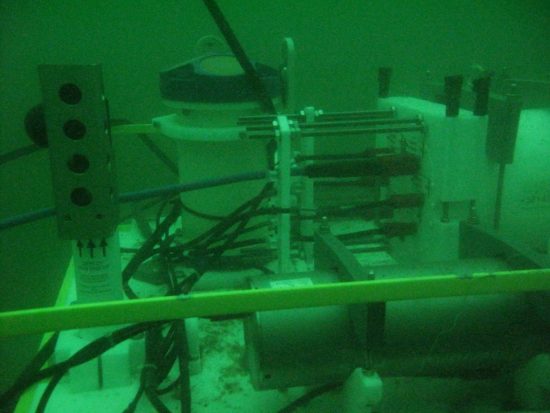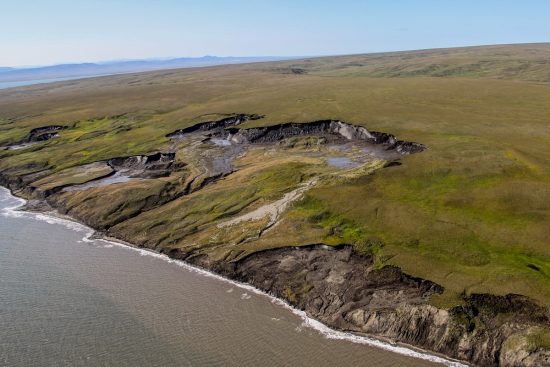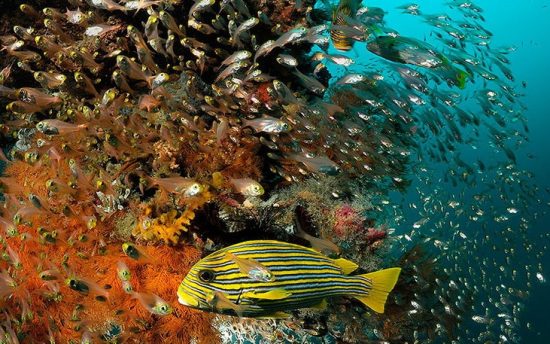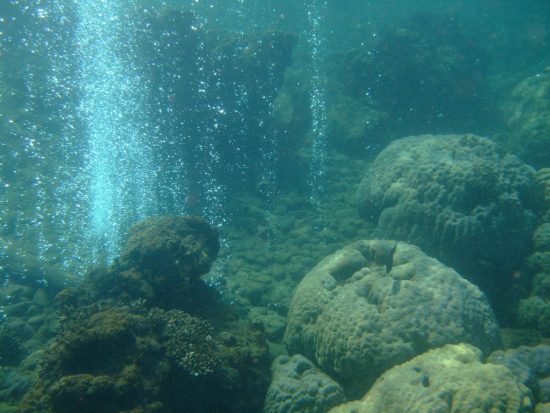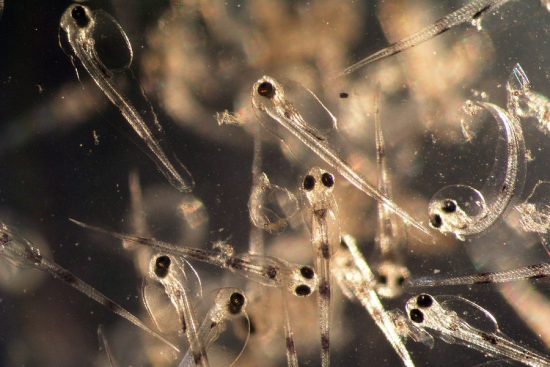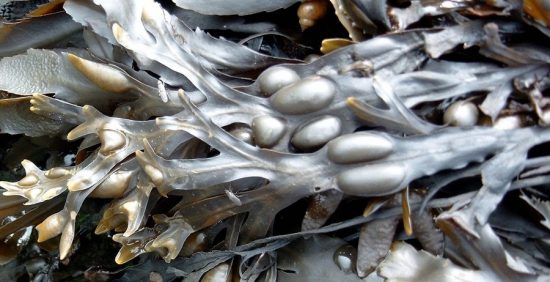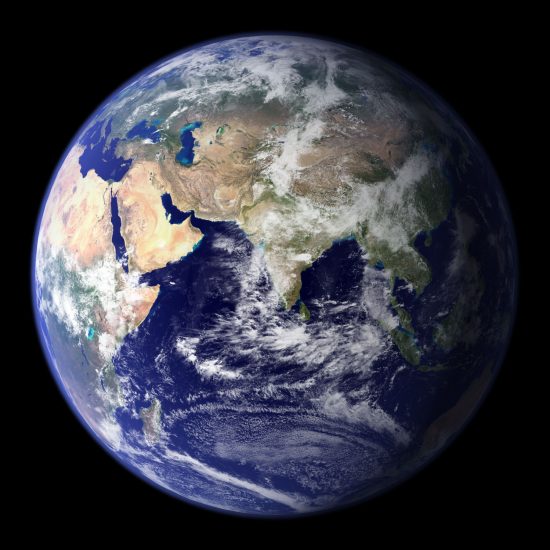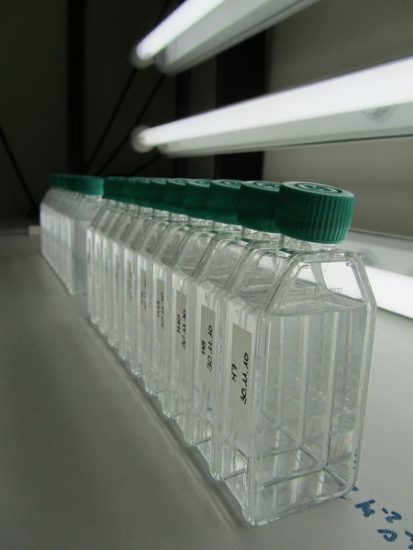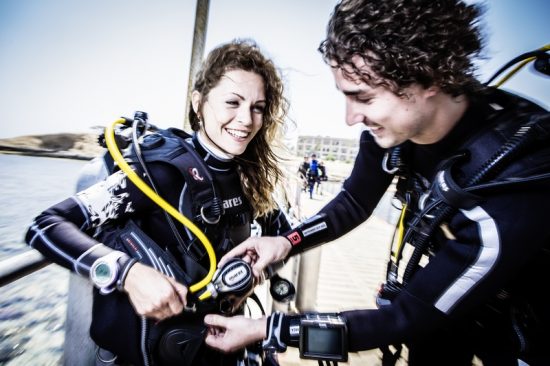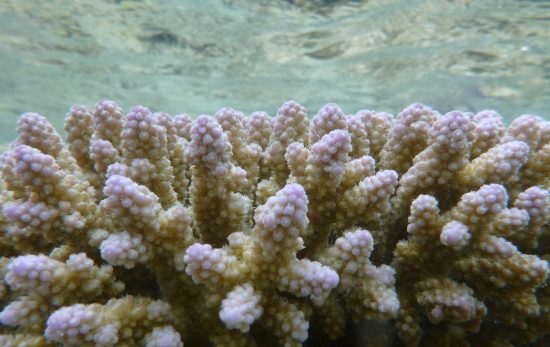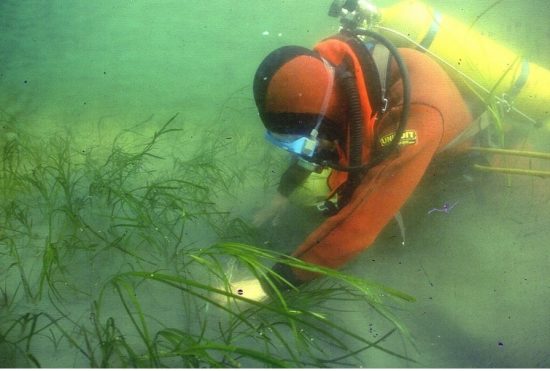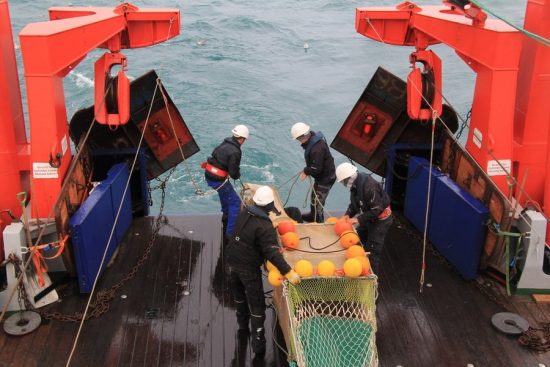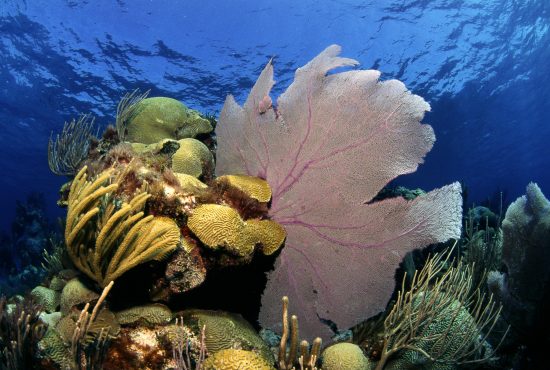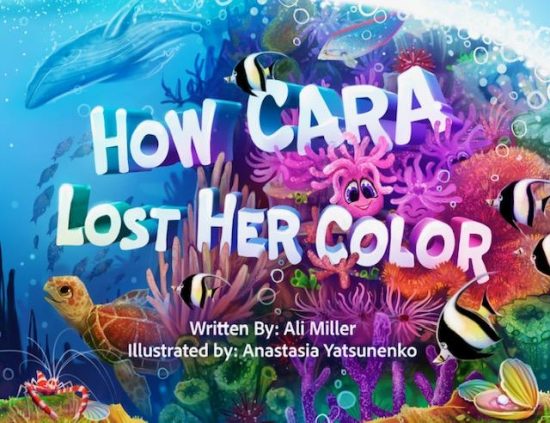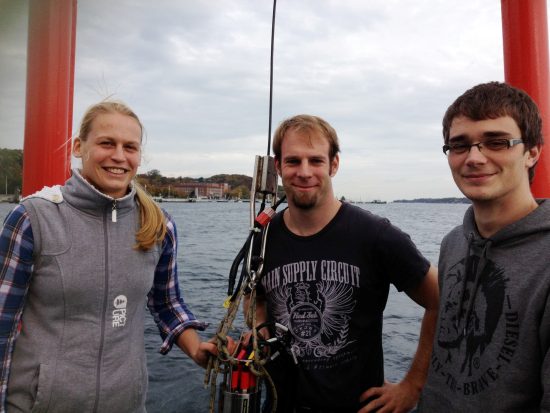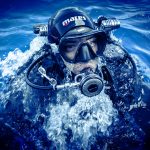
Elevated carbon dioxide levels impairs cone snails’ hunting skills
by Mares - 7th February 2017
Cone Snails become hyperactive and “meandered around” Cone snails are expected to find it hard to catch their prey if…

Ocean acidification affects mussels in early life stages
by Herbert - 11th January 2018
Marine scientists show impact of acidification on mussel larvae Shells have a hard, calcareous shell to protect themselves against environmental…

EU project Nunataryuk investigates effects of permafrost thaw
by Herbert - 27th November 2017
Fragile Arctic environment threatened by retreating permafrost Permafrost makes up a quarter of the land mass in the Northern Hemisphere.…

Scientists present research results on ocean acidification
by Herbert - 31st October 2017
Ocean acidification and warming affect life in the sea In November 2017, the final phase of the German research association…

9th Rebreather Reunion Hemmoor Germany
by Herbert - 4th September 2017
Meeting took place on 25 to 27 August 2017 On August 25th to 27th, the ninth "Rebreather Reunion Hemmoor Germany"…

Virus reprograms ocean plankton
by Herbert - 24th August 2017
Infected plankton cells absorb more nutrients A virus that infects plankton can reprogram cells and thus alter the way the…

Mangroves: “Forests on stilts” in dire straits
by Herbert - 26th July 2017
Half of the world's mangroves already destroyed, says WWF on World Mangrove Day Today, on World Mangrove Day (26 July…

‘Weedy’ fish species to dominate future oceans due to ocean acidification
by Herbert - 24th July 2017
Such fish are “marine equivalent to rats” For the first time, researchers at University of Adelaide have demonstrated that the…

Changes in atmospheric CO2 concentration can cause temperature fluctuations
by Mares - 22nd June 2017
Scientists use climate models to investigate fluctuations During the last Ice Age, the influence of atmospheric carbon dioxide on the…

Iron deficiency inhibits marine microbes
by Herbert - 26th May 2017
Scientists discover important process in nutrient cycle in tropical North Atlantic Iron has been identified as an important nutrient for…

Kiel Fjord as training ground for mussels
by Mares - 4th May 2017
Genetic adaptation likely to have occurred over many generations Mussels from the Kiel Fjord were discovered to be able to…

Ocean acidification causes coralline algae to adjust internal chemistry
by Herbert - 25th April 2017
Some species show higher tolerance than others For the first time, a new study has revealed that coralline algae, which…

New ocean measuring station at Boknis Eck
by Mares - 1st February 2017
GEOMAR and Helmholtz Center Geesthacht install new sensor node in Baltic Sea Boknis Eck (Boknis Corner) – a name familiar…

Studying the effects of coastal erosion in the Arctic
by Mares - 18th January 2017
The thawing and erosion of the arctic permafrost coasts has increased so drastically in the past that more than 20…

Photo exhibition on ocean acidification opens at GEOMAR
by Mares - 27th September 2016
A new photo exhibition by two nature photographers centres on the organisms on which climate change research is currently focused…

Two-thirds of zooplankton at tropical coral reefs lost to ocean acidification
by Herbert - 24th September 2016
Ocean acidification can fundamentally change the structure of the reef Tropical coral reefs can lose up to two-thirds of their…

Ocean acidification puts cod larvae in Atlantic under threat
by Mares - 27th August 2016
Population of cod has come into increasing pressure The increased acidification of the ocean may lead to twice as many…

Essential seaweed species in Baltic Sea under threat
by Mares - 11th August 2016
The Baltic Sea’s biomass of bladder wrack (Fucus vesiculosus) may soon decline due to rising sea temperatures and the presence…

Earth Overshoot Day : After 8 August 2016, humanity is in debt
by Mares - 9th August 2016
Demands on natural resources have exceeded available resources since yesterday This year, Earth Overshoot Day fell on 8 August 2016.…

Limitations of adaptation in ocean acidification
by Mares - 21st July 2016
Examining the evolutionary adaptation of unicellular phytoplankton Through the process of evolution, the coccolithophore Emiliania huxleyi, a unicellular phytoplankton, has…

Understanding the scuba divers code….
by Cat - 30th June 2016
There is nothing more frustrating in life then when you are within a group of individuals who are speaking a foreign…

Ocean acidification slows down coral reef growth
by Mares - 17th March 2016
By manipulating the seawater chemistry of a reef to study how excess carbon dioxide caused by human activity affects coral…

Genome of eelgrass mapped for the first time
by Mares - 4th February 2016
The genome of eelgrass (Zostera marina) has been mapped out by scientists after eight years of extensive research. It is…

German research network on ocean acification concludes
by Mares - 8th October 2015
An in-depth assessment of the possible impact of ocean acidification on the environment, society and economy, as well as the…

Climate Change: Ocean Collapse irreversible?
by Herbert - 8th July 2015
Oceans Will Collapse If Greenhouse Gas Emissions Are Not Reduced It's been confirmed: Even if we were to reduce our…

How Cara Lost Her Color
by Ivana and Janez - 10th December 2020
Ivana OK: What are you by profession? I’m a marine naturalist. In a complete leap of faith, I moved to…

Proportion of unicellular plankton much higher than previously thought
by Mares - 29th April 2016
Unicellular planktonic organisms play a more important role in the marine ecosystem than previously thought. This was the conclusion drawn…





